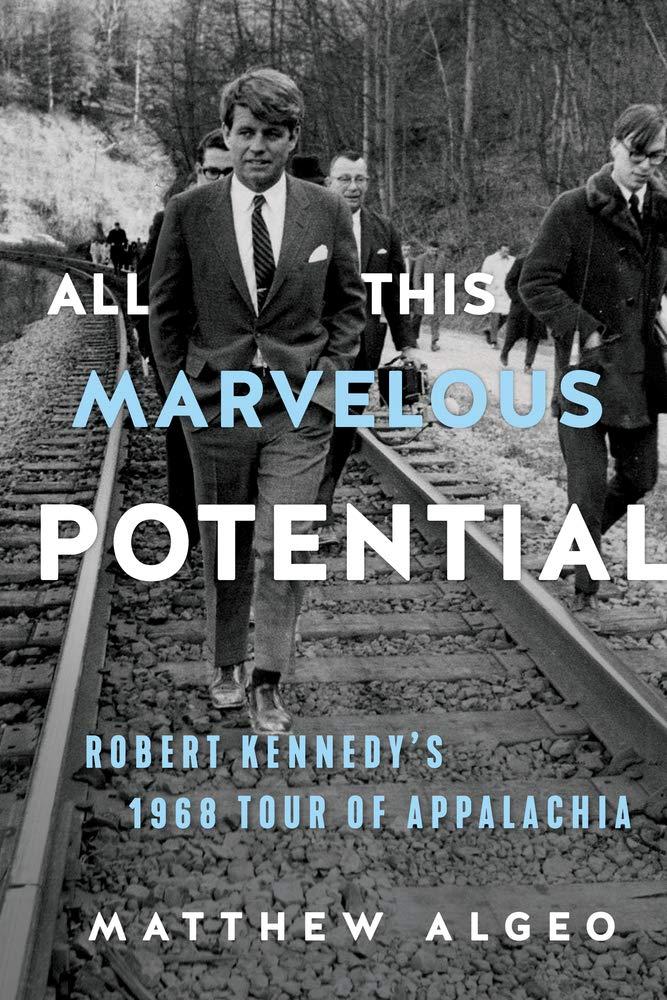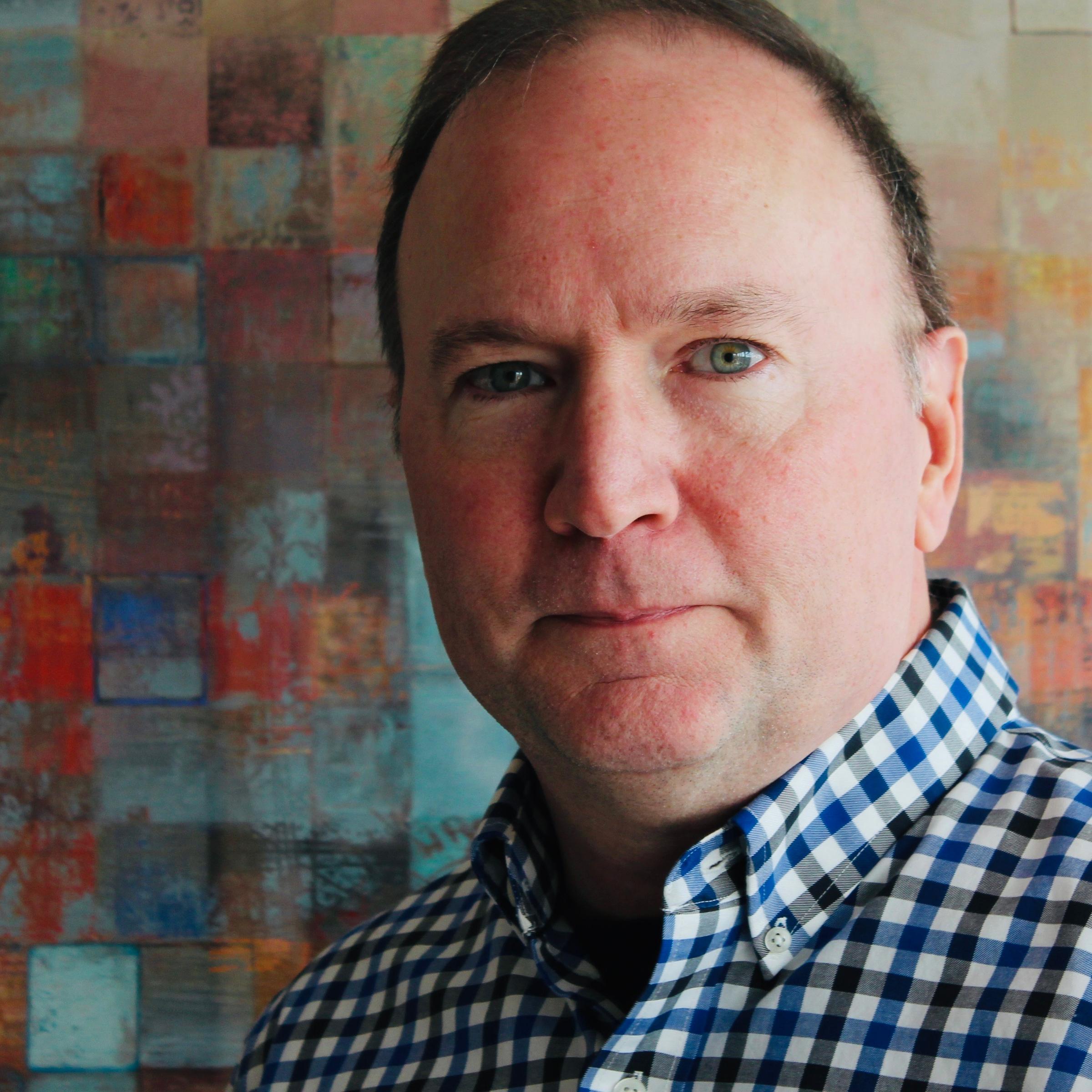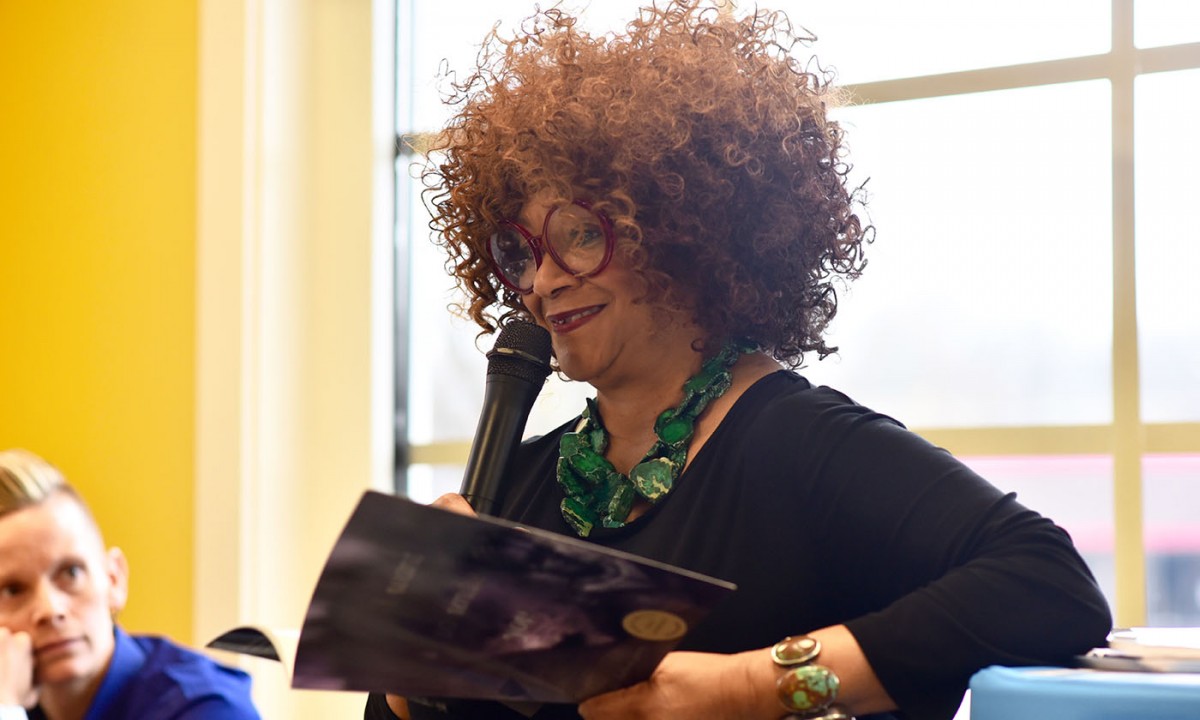In February 1968, U.S. Senator Robert Kennedy visited eastern Kentucky to investigate the successes and the failures of the “War on Poverty.” In the new book “All This Marvelous Potential: Robert Kennedy’s 1968 Tour of Appalachia,” author Matthew Algeo examined the trip and digs into what Kennedy saw, what has changed since then and what remains the same.
Algeo discussed his new book with West Virginia Public Broadcasting’s Eric Douglas.

MA: Going back and researching this book, I found out some incredible things were happening in Appalachia, protests against strip mining, protests against the school systems and education there. Even protests against the Vietnam War. And this was among people who supported the war by quite a margin, but they saw their own own sons on the frontlines of this war. And so that led them to question it. So I guess the biggest surprise is yeah, that the ’60s really happened in a big way in Appalachia and I think a lot of people don’t realize that people outside the region what a tumultuous time it was, even there.
ED: Tell me a little bit about discovering when you found or when you learned that there was a recording of the speech at Alice Lloyd.
MA: As a radio guy, it still puts a smile on my face, but I was interviewing Rev. Lawrence Baldrige. He’s the minister at a Baptist Church in Pippa Passes, Kentucky and that’s where Alice Lloyd College is, and I asked him if there was any chance that there was a copy of anybody recorded the speech. He said, “Oh, yeah, Benny Limor. He’s got a copy of it.” He needed to borrow the school’s reel to reel tape recorder, and this was several weeks, even maybe a month or two after the speech and then he went to get the tape recorder and there was a tape already on there. And fortunately, he went to listen to it. And here it was the Kennedy speech somebody had recorded the speech and then just left the tape on the reel to reel so he took it home. And that’s where it is today.
ED: I thought it was interesting in your production of the book or writing the book that you jumped back in time, it wasn’t just kind of a travelogue of 1968 or that, and literally two days on the ground in eastern Kentucky. But you did drop back and pick up a lot of that history to put Kennedy’s visit in context, you know, dropped back to the ’20s and the mine wars and Bloody Harlan and all that as well.
MA: Well, it was funny, I talked to Steve Cawood. He’s another guy I met, fascinating and just one of the sweetest guys in the world. And he was a University of Kentucky law student who happened to know Carl Perkins who was the congressman from Eastern Kentucky at the time and somehow finagled his way into Kennedy’s car for this trip. And so he sat in the car with Kennedy riding upfront and a state trooper drove and he and Carl Perkins in the back. I mean, it’s just incredible. Talk about having not a front seat, but a back seat to history.
But anyway, I was asking him about Bloody Harlan, and he lives in Pineville and his parents, his family had been there a long time and it was his great uncle was one of the people who was murdered in the violence in the conflict that accompany the strikes in Harlan. And another one of his things was his grandfather was one of the judges and then it’s a direct line really from what happened in the ’20s to the ’60s to Kennedy’s trip.

ED: How would life had been different if Bobby hadn’t been assassinated?
MA: You know, of course, I asked everybody who I talked to that and everybody has a slightly different answer. I mean, I really think poor people believed in Kennedy. And I think Kennedy had a way of, you know, Kennedy’s background, he was Attorney General. And he was fighting Hoffa in the ’50s, trying to basically take on the Teamsters union. So on the one hand, he did have a reputation for being kind of a tough S.O.B. for fighting crime, but at the same time, he clearly had this innate compassion for the dispossessed and for the poor. And I think he in American politics had the ability to sort of combine those two qualities into real political realities that he could have gotten things done.
ED: Is the title of the book, “All This Marvelous Potential,” is that referring to Bobby Kennedy?
MA: Yeah, that’s a line actually from Kennedy’s speech at Alice Lloyd College and it really stuck out to me as his view of the situation in Eastern Kentucky at that time and I think a lot of people would say the same thing even today.
Matthew Algeo’s “All This Marvelous Potential: Robert Kennedy’s 1968 Tour of Appalachia” is available for purchase now.
This article was originally published by West Virginia Public Broadcasting.



